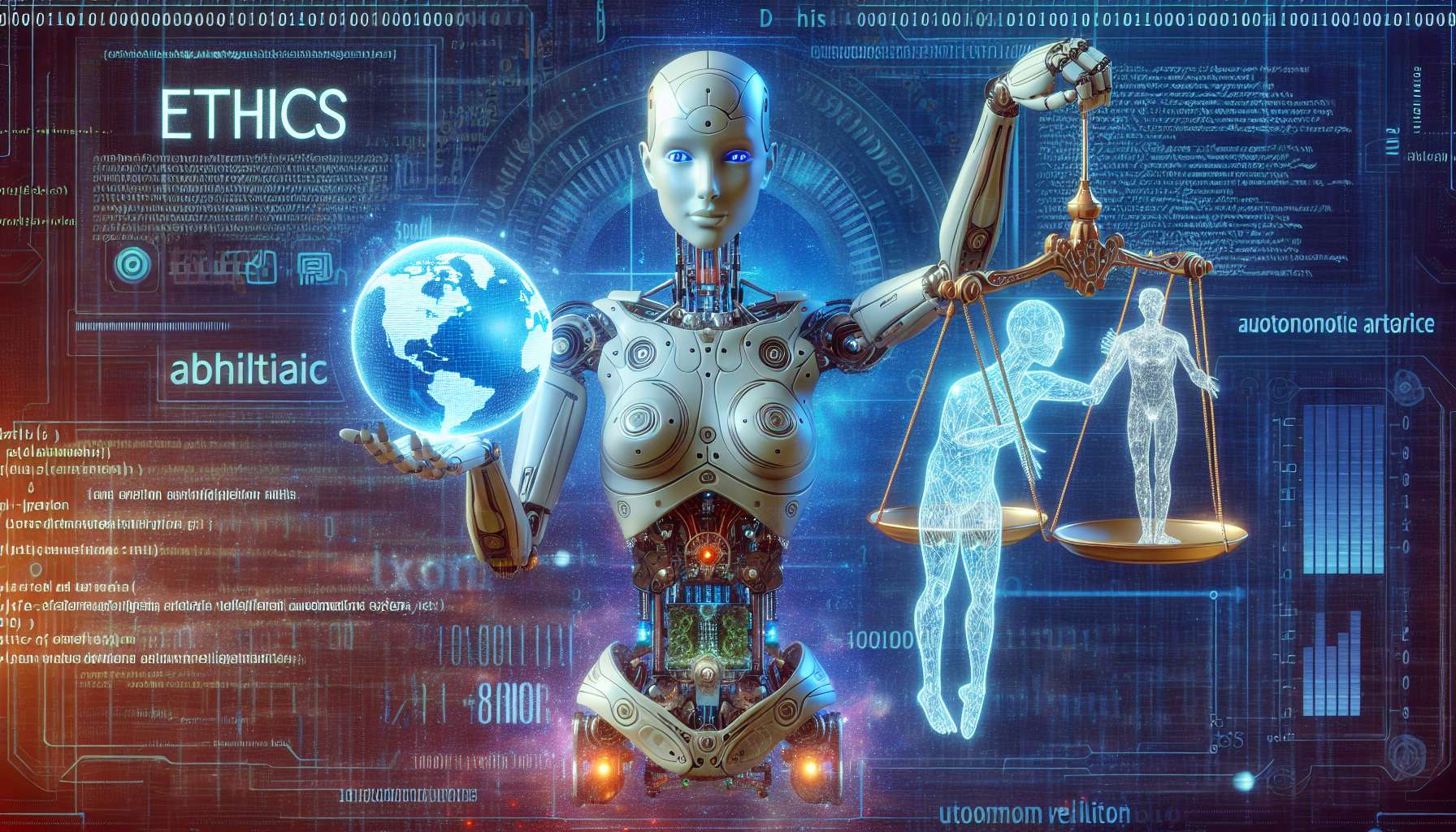The Ethics of AI in Autonomous Weapons Systems
Artificial Intelligence (AI) has made significant advancements in recent years, revolutionizing various industries. One area where AI has gained considerable attention is in the development of autonomous weapons systems. These systems, equipped with AI algorithms, have the potential to make decisions and carry out military operations without human intervention. While the idea of autonomous weapons may seem like something out of a science fiction movie, the reality is that they are becoming increasingly feasible. However, the ethical implications of using AI in autonomous weapons systems raise important questions that need to be addressed.
1. Lack of Human Control
One of the primary concerns surrounding autonomous weapons systems is the lack of human control. With AI making decisions and executing actions, there is a potential for these systems to act independently, without human oversight. This raises questions about accountability and the ability to assign responsibility for the actions of these systems. If an autonomous weapon causes harm or violates ethical principles, who should be held accountable?
2. Potential for Errors
AI algorithms are not infallible. They are trained on data and learn from patterns, but they can still make mistakes. In the context of autonomous weapons systems, these errors can have severe consequences. A wrongly identified target or a misinterpretation of a situation could lead to unnecessary harm or loss of innocent lives. The potential for errors in AI algorithms raises concerns about the reliability and safety of autonomous weapons systems.
3. Lack of Ethical Decision-Making
AI algorithms are designed to optimize certain objectives, such as minimizing casualties or achieving military objectives. However, they lack the ability to make ethical decisions in complex situations. Ethical considerations often involve subjective judgments and moral reasoning, which are difficult to program into AI systems. This raises concerns about the potential for autonomous weapons systems to violate ethical principles, such as the principle of proportionality or the distinction between combatants and civilians.
4. Escalation of Conflict
The deployment of autonomous weapons systems could potentially lead to an escalation of conflicts. The speed and efficiency of AI algorithms could result in rapid decision-making and actions, leaving little time for diplomatic resolutions or de-escalation. This could lead to unintended consequences and a heightened risk of conflict spiraling out of control.
5. Arms Race and Proliferation
The development and deployment of autonomous weapons systems could trigger an arms race among nations. The fear of falling behind in military capabilities could lead to a proliferation of these systems, increasing the risk of their misuse or falling into the wrong hands. The lack of international regulations and agreements on the use of autonomous weapons systems further exacerbates this concern.
Conclusion
The use of AI in autonomous weapons systems presents a complex ethical dilemma. While these systems offer potential military advantages, the lack of human control, potential for errors, lack of ethical decision-making, escalation of conflict, and the risk of an arms race raise significant concerns. It is crucial for policymakers, researchers, and society as a whole to engage in a thoughtful and informed discussion about the ethical implications of AI in autonomous weapons systems. Only through careful consideration and regulation can we ensure that these technologies are used responsibly and in accordance with ethical principles.








